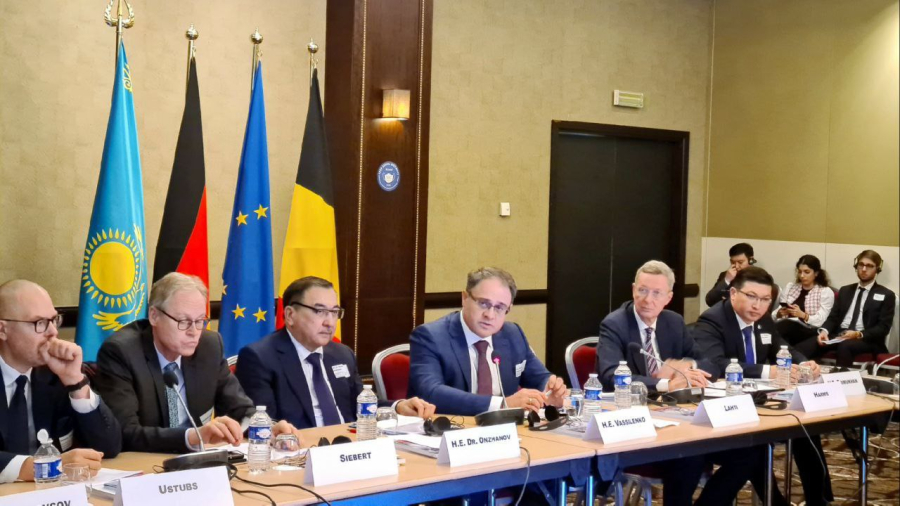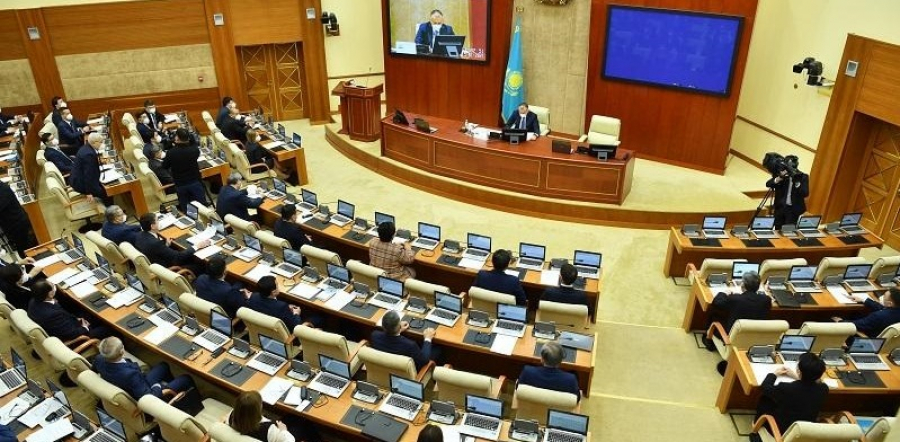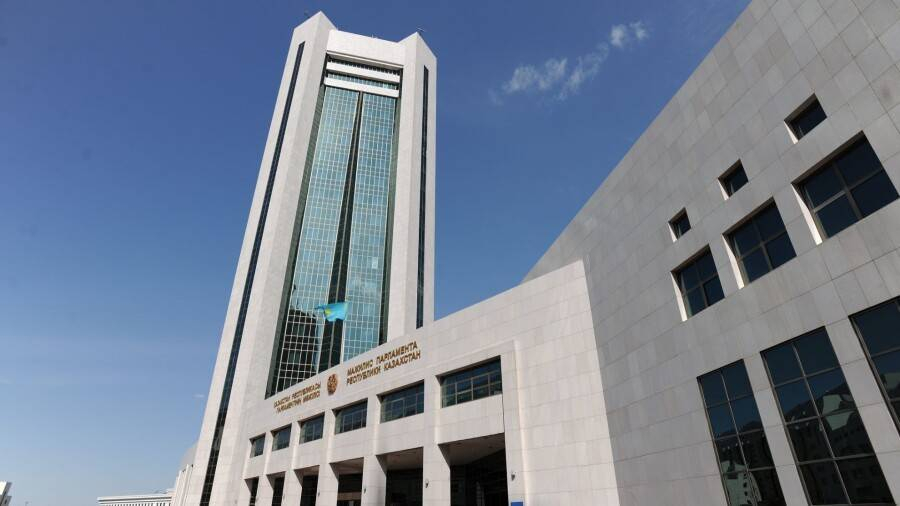
Experts attending the meeting of the Berlin Eurasian Club noted that they support Kazakhstan's large-scale reforms and intend to maintain political contacts and continue cooperation on projects for the development of transport and logistics links. In turn, representatives of domestic relevant agencies and companies clearly showed the European side how the Trans-Caspian International Transport Route will be developed.
“In the light of the geopolitical situation, the question arises regarding the further passage of Kazakhstan’s cargo, both the transit and export ones. And this is just one of those alternative routes that allow doing it. The transit flow of this route was increased by 2.5 times, and this is not its limit yet. So, everything depends on the well-coordinated work of other partner countries,” noted Almaz Idyryssov, Kazakh Vice Minister of Industry and Infrastructure Development.
“There are all the prerequisites for Kazakhstan to have a key role in the development of certain transport routes, both in Northern and Southern directions. The Middle Corridor will also be actively developed. At present, it is possible to transport about 70,000 container units along it. It is desirable to bring this figure to one million, and this requires good infrastructure. There is something to work on in the future, and we are ready for it,” said Heinrich Kerstgens, Corporate Representative of the Rhenus Group.
The meeting of domestic and European experts showed great interest in economic and social reforms in Kazakhstan and the readiness of both parties for further cooperation in transport, logistics and other areas of mutually beneficial partnership.
“When you look at the geopolitical thing at all, it is defining function. Nothing without Kazakhstan, and it is absolutely important, everybody mentioned it. It is absolutely important,” added Christoph Denk, EBRD Managing Director for Economics, Policy and Governance.









